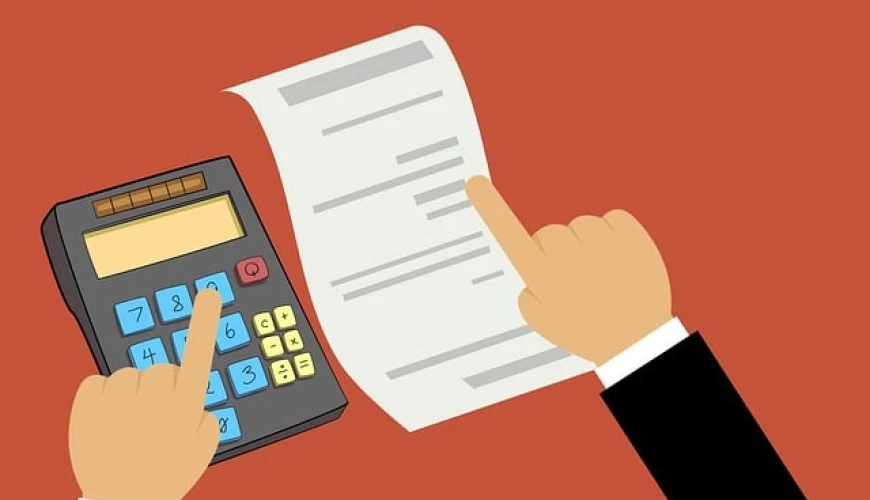Studying in Australia is a dream come true for many international students. Managing money can be challenging, as tuition, rent, and daily expenses accumulate.
This blog is packed with easy, actionable tips to help you save money, including:
✔️ Student discounts you might be missing
✔️ Smart grocery shopping tricks to cut costs
✔️ Budget-friendly hacks for everyday life
Start thriving financially—without the stress!
Why Do Ways to Save Money in Australia Matter for International Students?
A budget helps you track spending, set savings goals, and avoid overspending. Try tools like the Australian Government’s MoneySmart Budget Planner. It enables you to adjust your budget based on your financial situation.
Affordable Accommodation Options
Accommodation is often the biggest expense for international students. The rising cost of living is a major concern for international students. To save money on home insurance as an international student in Australia, focus on increasing your excess (the amount you pay out of pocket for a claim), buying online, and potentially taking advantage of multi-policy discounts or loyalty programs. Here are some examples:
- Shared Housing Rent a room in a shared apartment or house using platforms like: Flatmates.com.au or Gumtree to get within the best prices in your area.
- University Housing: While convenient, on-campus housing can be pricey. Compare costs with off-campus options.
- Homestays: These often include meals and utilities, reducing overall costs.
💡 Here are some tips on how to save while living in Australia: Look for housing near your campus to save on transportation costs. It is a good way to save money
Cook at Home and Save on Food
Eating out regularly can drain your budget quickly. Cooking at home is a cost-effective alternative:
- Shop at budget stores (Aldi, local markets) for grocery shopping.
- Prepare meals in bulk and bring lunch to campus instead of buying food daily.
- Use apps like Too Good to Go for discounted restaurant leftovers.
💡 Quick Tip: Explore ethnic grocery stores for affordable ingredients familiar to your cuisine.
Make the Most of Student Discounts
Australia offers a wide range of student offers that can reduce costs:
- Platforms like UNiDAYS and Student Beans provide discounts on fashion, electronics, and dining.
- Opal Card (Sydney) & Myki Card (Melbourne) offer cheaper Public Transport fares for students.
- Many Streaming services (Spotify, Netflix), Gym memberships, and museums also provide allowances or easy subscriptions.
💡 Tip: Always carry your student ID and ask about offers wherever you go!
Use Public Transportation Wisely
Public transport is the most economical way to get around in Australia:
- Get city-specific cards like Opal (Sydney) or Myki (Melbourne) for discounted fares.
- Walk or cycle whenever possible—many cities are bike-friendly!
💡 Quick Tip: Check if your university provides free shuttle services between campuses. This service could help you save money.
Smart Spending on Essentials
- Phone plans: Compare providers like Amaysim for cheap data.
- Bank account: Choose a savings account with low fees (e.g., ING, CommBank). Specifically, focusing on your bank account details can help optimize your savings and find extra money.
- Car insurance: Only get car insurance if you drive. If not, use public transport to save on fuel and plan for your travel expenses.
Buy Used Textbooks and Supplies
Textbooks can be expensive, but there are cheaper alternatives:
- Buy second-hand books from campus bulletin boards or online marketplaces like Gumtree.
- Rent textbooks or use e-books whenever possible. Some universities also have book exchange programs.
💡 Tip: Sell your old textbooks at the end of the semester to fund savings goals.
Track Expenses & Earn Rewards
- Use apps like Mint to track your transaction account and set savings goals.
- Join a rewards program (e.g., Woolworths Rewards) for grocery shopping perks.
Find Part-Time Work
As a Student Visa (subclass 500) holder, you can work up to 40 hours every two weeks while studying. Moreover, during scheduled breaks, you can work unlimited hours!
- Look for jobs in retail, hospitality, or tutoring that fit your schedule.
- On-campus jobs often offer flexible hours tailored to student needs.
💡 Tip: Check job boards at your university or websites like Seek.com.au for opportunities.
Shop Secondhand for Clothes and Essentials
Save money by shopping secondhand:
- Visit thrift stores or factory outlets like DFO for discounted items.
- Wait for seasonal sales to find deals on essentials.
FAQ:
How much money does an international student need in Australia?
Average Cost of living in Australia: AUD 20,000–20,000–25,000 per year (varies by location and lifestyle)
Can international students get financial help in Australia?
Yes! You can get scholarships to help with tuition and living costs!
Options include:
- University scholarships (offered by schools directly)
- Australia Awards (a popular program for international students)
These can make studying abroad more affordable & can help in cutting expenses.
Do international students pay taxes in Australia?
International students pay tax on part-time work. However, International students often qualify for refunds based on earnings. So, calculate your income and expenses properly for accurate tax amounts.
Do international students need health insurance?
Yes! International students need Overseas Student Health Cover (OSHC). So, try to compare providers to get a better deal.
Final Thoughts
From grocery shopping hacks to student discounts, this financial advice helps you stretch your budget. Prioritize savings plans and smart choices like paying for a gym membership with sharing or secondhand shopping.
Ready to fast-track your student life? Explore our Cheapest Diploma Courses in Australia designed for international students today!

























